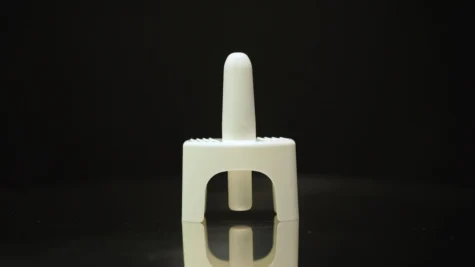12-step programs for alcohol and drugs have been around for 90 years. Alcoholics Anonymous, considered the first Twelve Step recovery program, began in 1935, with its Twelve Steps of recovery published in 1939. While the program’s philosophy has worked for many people, it may not be a good fit for everyone, and there are increasingly more options to consider. If you have been considering a 12-step support group for yourself or a loved one, this article will explain why some people seek alternatives to 12-step programs. It will then highlight some alternatives to 12-step programs.
Why People Seek Alternatives to 12-Step Programs
12-step programs and support groups may not fit everyone, and there can be several reasons for this. Here are four:
- They are often spiritual or faith-based. Not everyone is comfortable with the spiritual or faith-based aspects of 12-step programs. In the case of AA, the second and third steps are that a participant “Came to believe that a Power greater than ourselves could restore us to sanity” and “Made a decision to turn our will and our lives over to the care of God as we understood Him.” While this language works well for some people, it may not for others.
- They lack medical treatment. 12-step support groups are usually peer-run and don’t have medical or clinical oversight. Medication-assisted treatment (MAT) has been around for more than 50 years. It supports sobriety by stabilizing brain chemistry when a person is experiencing opioid use disorder or alcohol use disorder.
- They are public. Addiction can be a very personal experience, and plenty of people don’t feel comfortable sharing their personal experiences in a public setting. This can become a deterrent to attending.
- They are stigmatized. Many people have their own thoughts and beliefs about 12-step support groups, and sometimes, they aren’t the most positive. Some people believe these groups are only for those who have “hit rock bottom” and struggle to relate to others in the group because of stigma.
Alternatives to 12-Step Support Groups
Have you been looking for alternatives to 12-step programs? Here are some ideas to get you thinking about what might work best for you.
- SMART Recovery. In 1994, SMART Recovery was created for “those seeking a secular and evidence-informed alternative.” Self-management and choice are two of the five principles that strive to empower people to take more control over their own journey. SMART Recovery encourages support group meetings, which can be attended virtually, including with your camera turned off, and are led by trained facilitators. Learn more about those meetings here.
- Moderation Management. Moderation management is both a concept and an organization that helps people reduce or manage their substance use. It doesn’t necessarily strive for complete and total abstinence. The non-profit Moderation Management is a behavioral change program and national peer-support network. It runs more than 30 online meetings per week and has several tools and resources for people who want to change their relationship with alcohol.
Another example of moderation management is the University of Michigan’s Alcohol Management Program, which has helped people reduce their drinking by up to 65%. Their website states their program is for people with “moderate alcohol problems who want to eliminate the negative consequences of their drinking and improve their health by drinking less alcohol or none at all. This program is not for those who are severely dependent or alcoholic and require treatment services.”
- Online Programs and Tools. Technology continues to develop new solutions, and here is one example. Sunnyside is a phone app. They describe their app as an “evidence-based alcohol moderation platform” that helps you set goals around your consumption and allows you to track progress throughout the week. It is not designed to treat alcohol use disorder, but members are finding balance and reducing consumption. Because it is on a secure platform, it also provides privacy.
12-step support groups can be a valuable part of substance abuse treatment, but there are increasingly more options that can meet your personal needs. There are many paths to recovery, so finding the best combination for your treatment and support needs is what matters most.
Explore Addiction Treatment Options at Southern Sky Recovery
We are locally owned and provide intensive outpatient (IOP), partial hospitalization (PHP), and outpatient treatment options. We don’t believe there is a one-size-fits-all approach to treatment, but we can help you find a path to recovery personalized to your needs. If you or a loved one have been searching for a plan to help you with the next steps in your recovery, please contact us today.



